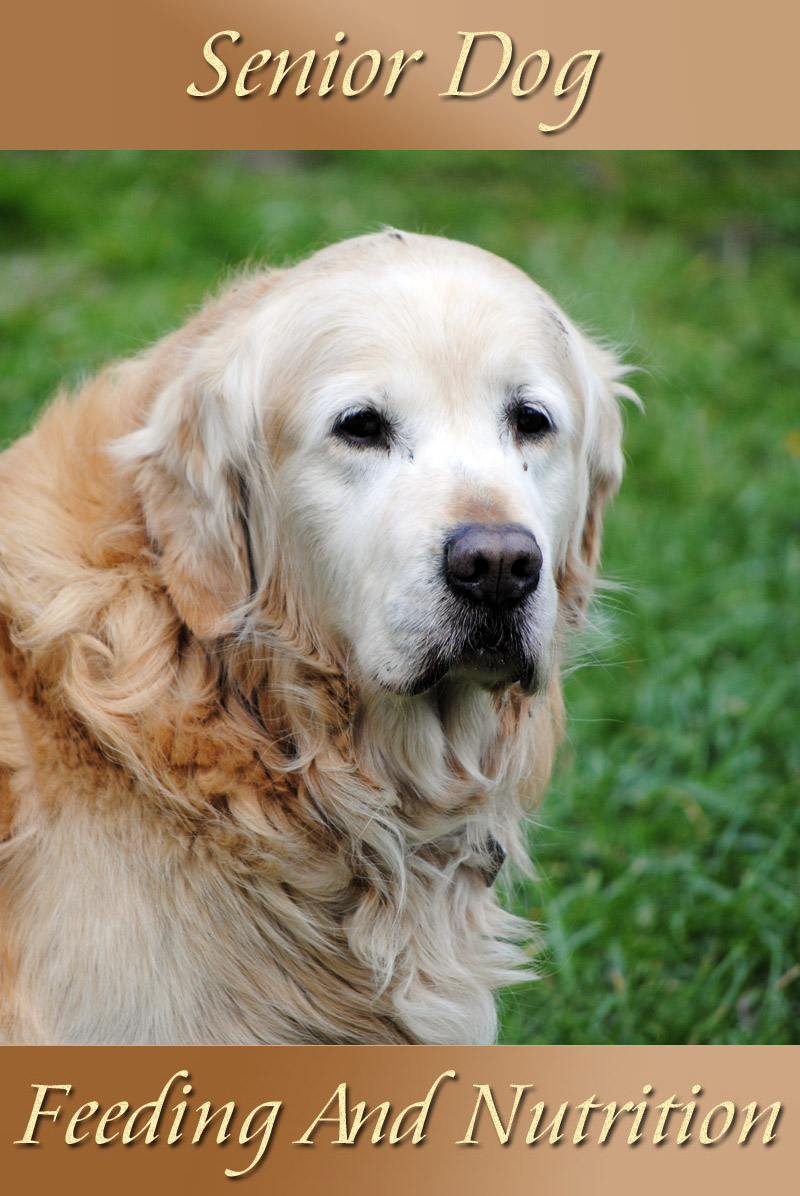
Feeding And Nutrition Of Senior Dogs
Your 4 legged friend can live to a grand old age, and certainly dogs are living to a much older old then they did even just 40 years ago. In part, this is due to better access to veterinary care, improved vaccines and an greater understanding of the nutritional needs of a dog.
As a dog ages, it undergoes physiological changes which means that it has different nutritional requirements to that of a puppy or younger animal. Dogs are generally regarded as ‘senior’ if it is in the last 3rd of the breeds specific life expectancy. Some breeds live longer than others, for example, a breed such as Labrador can live up to the age of 13 years, meaning that it would be classed as ‘senior’ around the age of 8 years old. Of course, there are exceptions to this and exceptionally fit or active dogs may buckle this rule and live beyond their breed life expectancy.
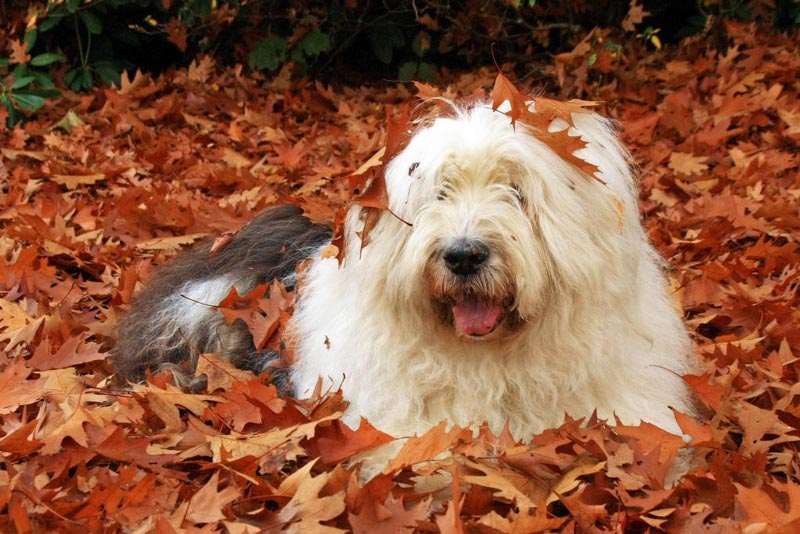
Changes in the senior dog
As the dog ages, they undergo many changes, not only physical but also behavioural. Senior dogs may be less tolerant of children, their sleep patterns can be disturbed or they may display behaviour you would consider uncharacteristic for your dog, such as being snappy or growling when you touch a particular part of the body. This could be due inflammatory conditions such as arthritis which can cause pain in specific areas. With any changes in behaviour, it is always a good idea to seek veterinary advice to rule out any underlying medical causes.
Generally, the older a dog gets the less active it becomes, due to a decrease in muscle mass , leading to a tendency to become overweight. Seniors are also more prone to age related conditions such as failure of some internal organs such as heart disease and their teeth, with many years of wear behind them, can become infected and diseased. Because of all these reasons, the owner needs to give special consideration to a senior dog’s diet.
The importance of maintaining a healthy weight
As your dog starts to enjoy its senior years, a certain amount of decrease in activity is inevitable, for many dogs at least. Being overweight can lead to many health issues, such as increased pressure on joints and heart conditions. As a responsible owner, you will want to do the best for your beloved dog, so the best option is to not let your dog become overweight in the first place. This is sometimes easier said than done! After all, who does not like making sure your dog has the occasional treat?
The kindest thing you can do for your dog though is help it to maintain a good weight for its breed but tackling any weight gain is the most important aspect of care of a senior dog, should it happen. Usually overfeeding is the simple and main cause of obesity in dogs, but it is always wise to follow your vets or canine nutritionist advice in these matters.
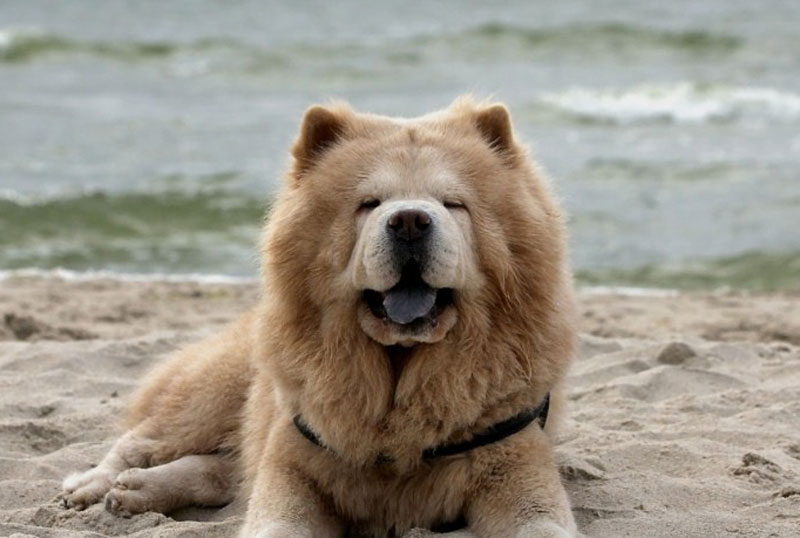
Senior diets
Senior diets are a fine balance of protein, fat and fibre. Many dogs are able to continue with their usual diet, but in smaller portions. Foods which are manufactured as ‘senior’ diets are usually formulated to have fewer calories, lower fat and are high in fibre to maintain a good passage of the food through the gut to prevent constipation. If your dog has kidney issues, a diet with lower levels of phosphorus has been shown to be beneficial to the health of the dog. The level of protein in the diet is also critical in a dogs diet which has kidney issues and it is always wise to talk to your vet about this.
Your dog will love leftovers, but follow these tips
Adding vegetables or lean meats such as chicken or turkey to your dogs food is a great way to increase essential vitamins and fibre to your dogs diet and can bulk up a meal. The addition of white or oily fish is also very beneficial to, with some oils found in fish improving symptoms of conditions such as arthritis. While usually being lower in fat, vegetables can be a good idea for dogs that need to shed a few pounds. If the meat is cooked in any stock, make sure it is a low sodium stock where possible, to prevent any extra strain on the heart.
Adding some cereals or grains such as bran or brown rice can also be a good idea (although white rice is lower in phosphorus for dogs with kidney issues). In addition, some dogs may also be able to tolerate higher proteins in their diet and may enjoy the occasional boiled egg.
Home cooked diets are optimal for many seniors, and provided you do your research and ask your vets advice of what is suitable for your dog, and can provide a well balanced, additive free diet for your dog. That said, the quality of ‘off the shelf’ formulations of dog food has never been better. Whatever option you choose, many senior dogs will cope better with smaller meals.
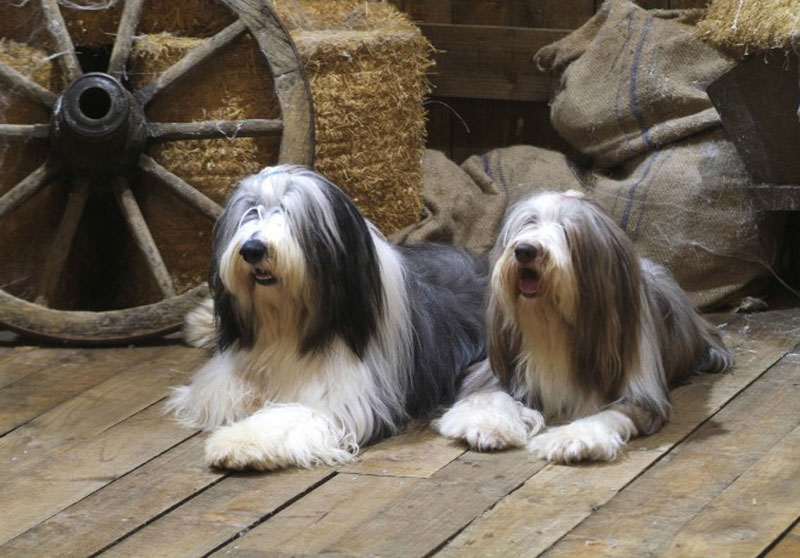
Treats
Ideally, limit food treats and instead reward your senior dog with an extra stroke and cuddle. When you do feed treats, it is essential you make sure they are low fat or why not make your own? There are many recipes available which use healthy ingredients to make patties and biscuits which can be frozen in batches and defrosted in advance for a days’ supply. If your kitchen skills do not stretch this far, a simple boiled chicken breast cut into treat sized portions can be stored in the fridge in an airtight container for a few days’ supply of treats, or use the left over portion as a meal.
Supplements
Feeding of daily supplements such as glucosamine may aid and support older joints or fibre supplements will help your dog have regular toilet habits. If your dog does not or cannot eat a well balanced diet, supplements are essential so ask your vet for advice.
Remember that your senior dog has specific physiological requirements and weight control is essential to keep your dog in tip top condition. Exercise tailored to your dogs ability is essential to maintain a healthy weight. Your dog deserves the best as it ages and by following advice from your vet or canine nutritionist, you can make sure its twilight years are the best you can possibly give it.



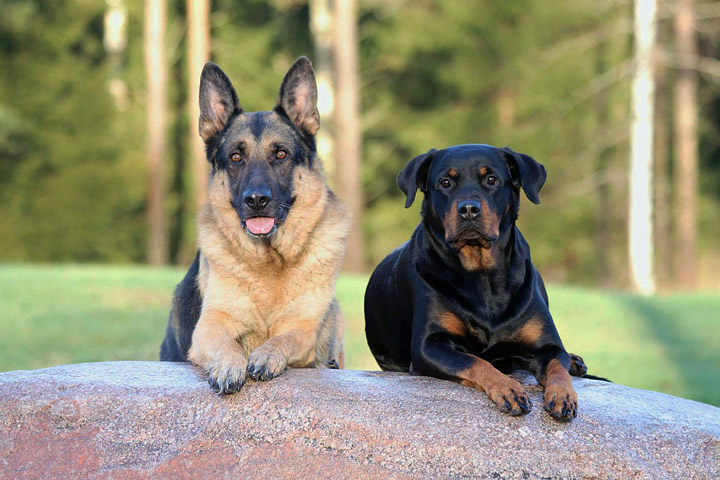

Leave a Reply